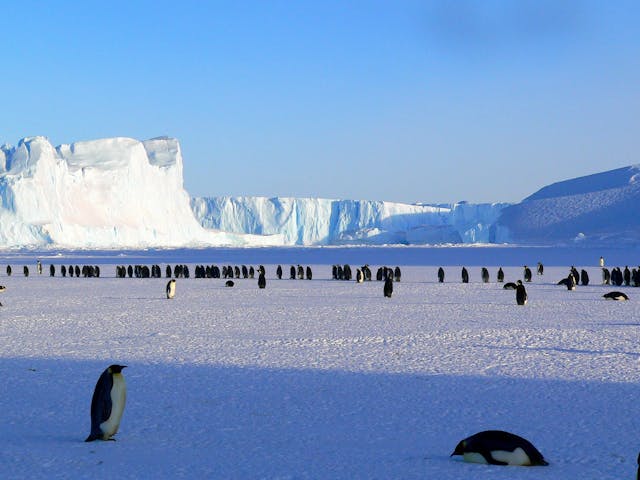The sudden Antarctic shift is no longer a distant scientific prediction—it is happening now, with consequences that may last for centuries. Researchers warn that melting ice shelves, collapsing glaciers, and disrupted ocean currents in Antarctica will have direct impacts on global sea levels, weather systems, and ecosystems. What was once considered a gradual process is accelerating at an alarming pace.
Table of Contents
What Is the Sudden Antarctic Shift?
The sudden Antarctic shift refers to rapid, unexpected changes in Antarctica’s climate and ice systems. Unlike gradual warming trends, this shift includes abrupt events such as:
- Record-breaking ice shelf collapses.
- Accelerated melting of the Thwaites “Doomsday Glacier.”
- Disruption of Antarctic deep-water circulation.
These changes are reshaping the balance of Earth’s climate and creating ripple effects across the globe.
Scientific Warnings: A Global Wake-Up Call
Climate scientists emphasize that the sudden Antarctic shift is not an isolated event. A 2023 study revealed that the collapse of Antarctic ice shelves could raise global sea levels by several meters, flooding major coastal cities.
Dr. Alan Condron, a climate modeler at Woods Hole Oceanographic Institution, stated:
“Antarctica is reaching a tipping point. The Antarctic shift is destabilizing ocean circulation patterns that have remained stable for thousands of years.”
How the Antarctic Shift Affects the World

The consequences of the Antarctic shift extend far beyond the South Pole.
1. Rising Sea Levels
- Coastal cities like New York, Shanghai, and Karachi face increased flooding risk.
- Small island nations are at existential risk.
2. Disrupted Ocean Currents
- The Antarctic Circumpolar Current, a critical driver of global ocean circulation, is weakening.
- This could reduce nutrient flows, affecting marine life worldwide.
3. Extreme Weather Patterns
- More intense hurricanes, heatwaves, and winter storms are linked to Antarctic disruptions.
- Agriculture and food security could be severely impacted.
Political and Economic Consequences
The Antarctic shift also has geopolitical implications. Nations are racing to secure resources in polar regions, while international climate negotiations face greater urgency. Economists predict trillions of dollars in damages if sea levels continue rising unchecked.
UN Secretary-General António Guterres warned:
“What happens in Antarctica does not stay in Antarctica. The sudden Antarctic shift is a global emergency.”
Can Humanity Prevent the Worst?
Mitigation is still possible, but the window is closing. Scientists argue that:
- Immediate reduction in greenhouse gas emissions is critical.
- Investments in renewable energy and climate adaptation are urgent.
- Stronger global agreements, beyond the Paris Accord, must address polar vulnerability.
Frequently Asked Questions
What does “sudden Antarctic shift” mean?
It refers to abrupt and rapid climate changes in Antarctica, including ice shelf collapses and disrupted ocean currents.
How will the sudden Antarctic shift affect sea levels?
Melting glaciers could raise sea levels by several meters, threatening coastal cities and island nations.
Can the sudden Antarctic shift be reversed?
While some damage is irreversible, slowing global emissions can reduce future risks and delay catastrophic impacts.
Why should people outside Antarctica care?
Because Antarctica regulates Earth’s climate, its collapse impacts global weather, agriculture, and economies.
Conclusion
The sudden Antarctic shift is a defining crisis of our time, reshaping Earth’s systems faster than expected. Its impacts will be felt in rising seas, food insecurity, and climate instability. The urgency to act has never been greater.
🌍 For more in-depth coverage of climate change, visit Documentary Times.